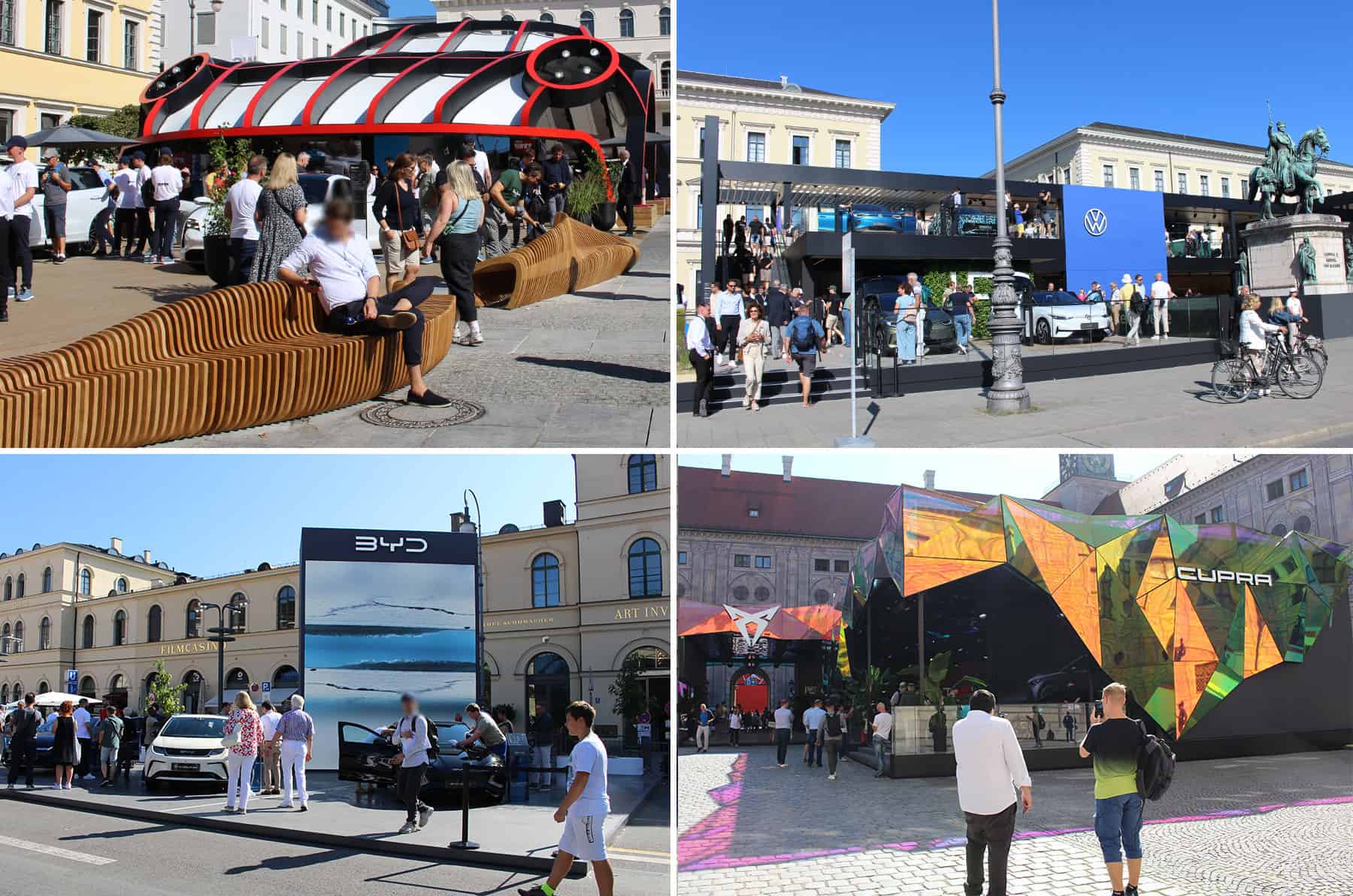
The European automotive industry finds itself at a crossroads as it grapples with the rapid rise of electric vehicles (EVs). While Europe has been a leader in the EV market, concerns are growing that the continent may be losing ground to Chinese competition. This development has prompted discussions about the need for Europe to shift its focus towards producing smaller, more affordable EVs to maintain its competitiveness.
- Europe faces Chinese EV competition, needs affordable, local-focused electric vehicles.
- China dominates EV market due to cost advantages and technology.
- EU launches probe against Chinese subsidies to protect European carmakers.
- IAA Mobility 2023 showcases China’s growing presence in European EV market.
The need for affordable electric vehicles
Europe’s current EV production landscape primarily revolves around heavier, expensive models that do not necessarily cater to local mobility needs. This misalignment is a significant concern, as EVs are most suited for short-distance use, such as daily commutes and local errands. The industry’s goal of producing affordable EVs at around $26,700 is considered unrealistic by some experts who spoke to Forbes, they argue that the target should be closer to $10,700. If Europe fails to recalibrate its strategy, it risks being overshadowed by the Chinese competition, which is excelling in the EV market.
Chinese dominance in EV production
China’s electric vehicle industry has been rapidly gaining ground, thanks to advancements in battery technology and innovative production techniques. Chinese manufacturers are benefiting from next-generation lithium iron phosphate (LFP) battery technology, which promises to reduce battery costs by 20%. Both Chinese and American companies, such as BYD and Tesla, boast lower manufacturing costs compared to their European counterparts, giving them a significant competitive edge.

Despite potential trade spats and tariffs, Chinese automakers are actively seeking opportunities to expand their presence in Europe. For example, BYD is in discussions with Ford regarding using redundant European manufacturing capacity. The demand for EVs in Europe is fueled by climate legislation aimed at reducing greenhouse gas emissions. The intertwined nature of the EU and Chinese automotive industries means that partnerships with Chinese carmakers could prove beneficial for European businesses.
EU’s anti-subsidy probe
In an attempt to counter the influx of cheap Chinese EV imports, the European Union has launched an investigation into Chinese subsidies for electric vehicles. This move, while aimed at protecting the European market, opens the door to potential retaliation that could hit the bloc’s carmakers hard. Given the size and growth of the EV market, the impact of potential tariffs from this probe could be significant.

The recent IAA Mobility 2023 show in Germany highlighted China’s growing influence in the European EV market. Chinese companies, including BYD and MG Roewe, showcased their latest EV models, while battery manufacturers like EVE Battery and CATL presented their portfolios. The presence of these Chinese companies added dynamism to the event and underlined their ambition to expand in Europe.
Lessons from the solar panel industry
Europe’s battle against Chinese EVs has drawn comparisons to the solar panel industry in the early 2000s when cheap Chinese solar panels flooded the market, crushing European competitors. However, experts caution against drawing direct parallels between the two cases. While China’s investment in solar panels was export-oriented, aimed at dominating the European market, its approach to EVs and lithium-ion batteries began with a local focus. To maintain its competitiveness and protect its market, Europe may need to pivot towards producing smaller, more affordable electric vehicles while navigating potential trade disputes and anti-subsidy measures. The lessons learned from previous industry battles, like the solar panel sector, should inform Europe’s strategy in addressing the challenge posed by Chinese dominance in the EV market.







